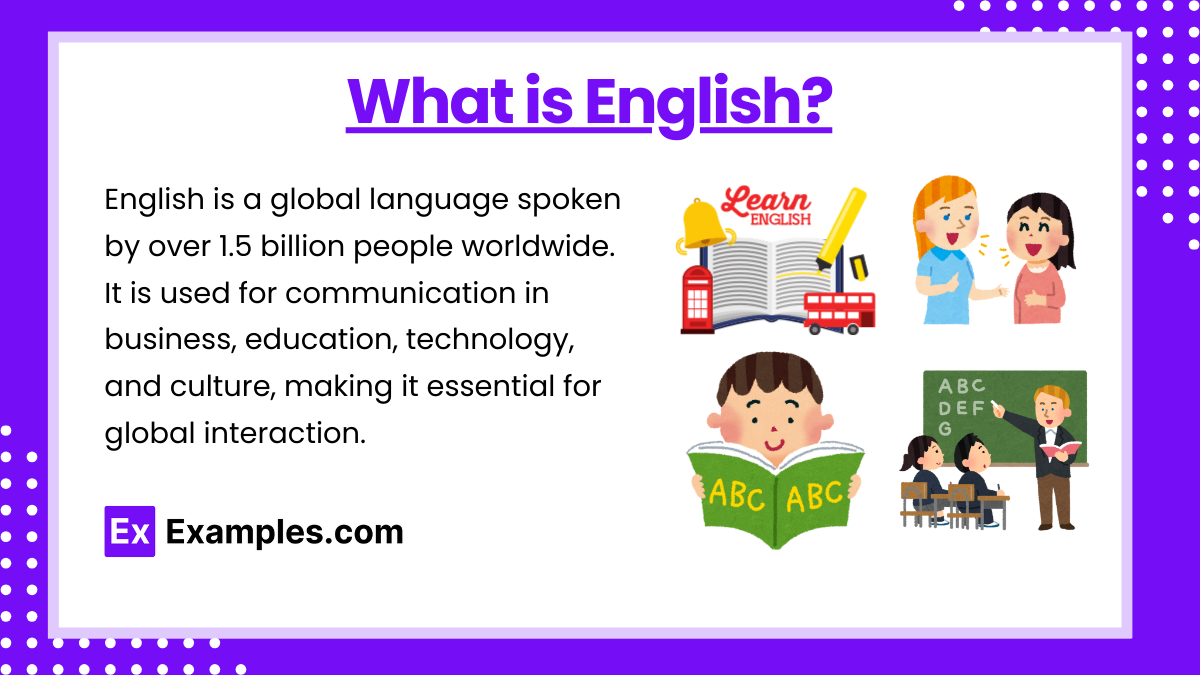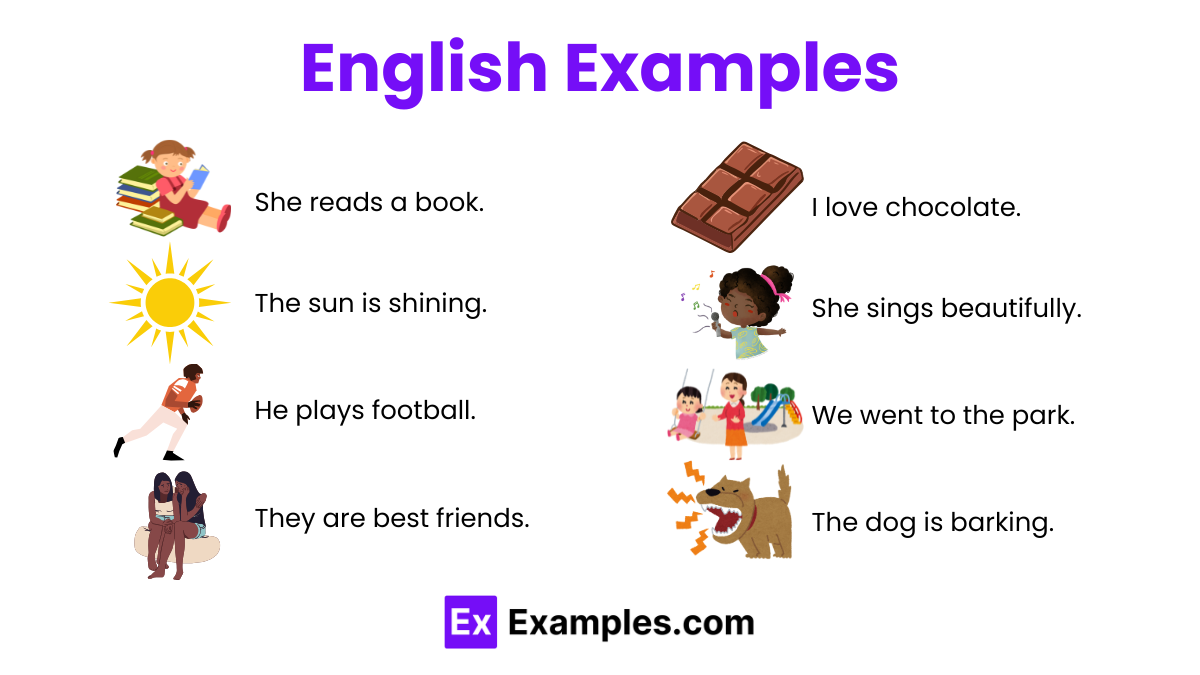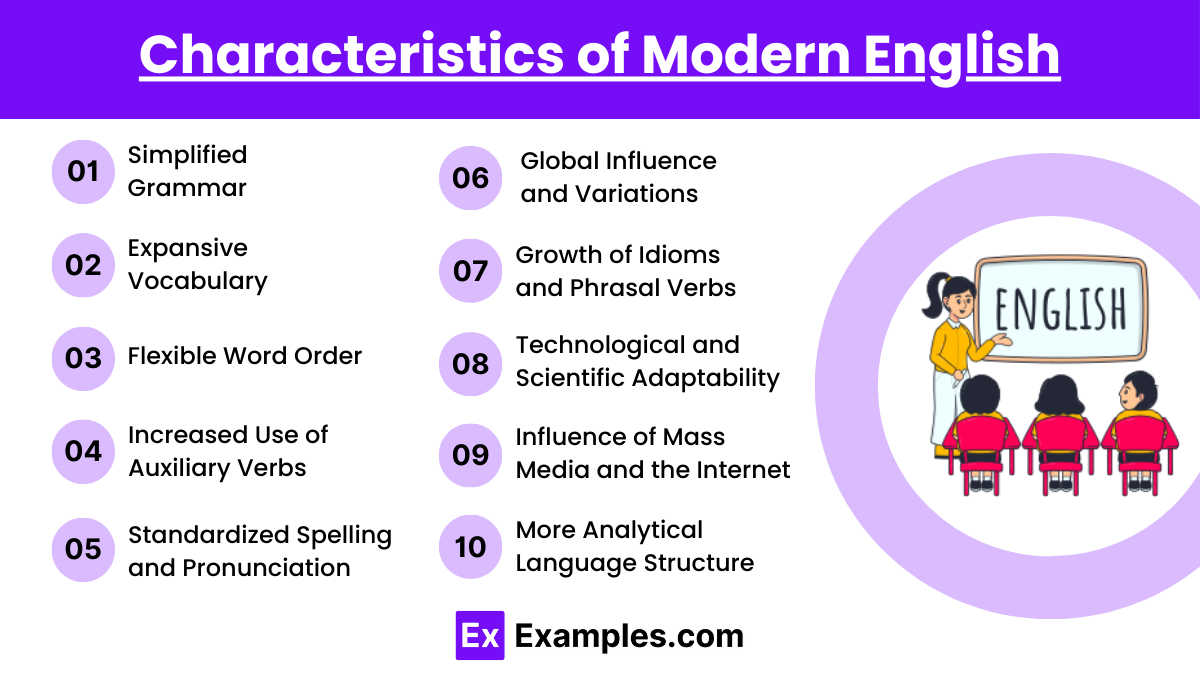Have you ever noticed how some of the most famous poets and authors apply alliteration to their works? These are lines or phrases that consist of words beginning with the same sound that is either next to or close to each other. But crafting poetry using alliteration, or any type of stylistic device in that matter can be quite a challenge. This is because it is the sound of a given letter that makes a poem alliterative and not the letter itself. For instance, “better” and “batter” is alliterative, but “great” and “genius” is not.
Alliteration is a literary device used in written and spoken English to help an audience better understand the message conveyed by the speaker or author. It plays a crucial role in poetry and other forms of literature in a variety of ways. But before you even consider applying alliteration to your literary works, it would be best to understand its role in poetry through various examples.
The Role of Alliteration in Poetry

Poets are fond of incorporating alliteration into their works because of how it helps in creating a natural flow and tone to the poem. Not only does it affect the sound and musicality of the poem, but it also influences the overall meaning of the literary piece. This helps poets communicate more clearly with their audience by drawing attention to important information. The sound produced by these words can also contribute to the softness or harshness of its tone. And because it adds rhythm to a piece, poems that use alliteration tend to be a lot easier to memorize. Its catchy nature is what makes it popular among different types of audiences, like how alliteration for kids come in the form of tongue twisters, nursery rhymes, and children’s books.
Alliteration Examples in Famous Poems
As with other figures of speech and literary tools, the application of alliteration began many years ago. You can find a number of famous poems that apply alliteration along with many other devices, such as onomatopoeic words, hyperbole expressions, and poetic symbolism. But keep in mind, in order for your poem to make sense, it may be necessary to include a few non-alliterative words among them as well.
For us to develop a deeper understanding of alliteration in poetry, let us take into account the following examples:
1. “Now Beowulf bode in the burg of the Scyldings,
leader beloved, and long he ruled
in fame with all folk, since his father had gone
away from the world, till awoke an heir,
haughty Healfdene, who held through life,
sage and sturdy, the Scyldings glad.
Then, one after one, there woke to him,
to the chieftain of clansmen, children four:
Heorogar, then Hrothgar, then Halga brave;
and I heard that — was — ‘s queen,
the Heathoscylfing’s helpmate dear.
To Hrothgar was given such glory of war,
such honor of combat, that all his kin
obeyed him gladly till great grew his band
of youthful comrades. It came to his mind
to bid his henchmen a hall uprear,
in master mead-house, mightier far
than ever was seen by the sons of earth,
and within it, then, to old and young
he would all allot that the Lord had sent him,
save only the land and the lives of his men.
Wide, I heard, was the work commanded,
for many a tribe this mid-earth round,
to fashion the folkstead. It fell, as he ordered”
— Episode I, Beowulf
Nothing screams alliteration in poetry more than this famous piece. In almost every line of Beowulf, you will notice how the wide use of alliteration helps create a smooth flow of words despite the length of the given story, allowing readers to paint mental images of each scenario.
2. “From forth the fatal loins of these two foes;
A pair of star-crossed lovers takes their life.”
— Romeo and Juliet by William Shakespeare
Shakespeare has always been known for his use of alliteration in poetry, most especially in his sonnets. From the example above, the repetition of both the /f/ and /l/ sounds in the two lines portrays alliteration in its simplest form by setting a romantic tone to the piece.
3. “Closed my lids, and kept them close,
And the balls like pulses beat;
For the sky and the sea, and the sea and the sky
Lay like a load on my weary eye,
And the dead were at my feet”
— The Raven by Edgar Allan Poe
In this poem, alliteration is used properly yet differently than one would expect. Instead of relying on words beginning with the same consonants, Poe uses their sound to communicate effectively. This is apparent in the first line of the given example, where the repetition of the /k/ sound is involved. This also highlights the thoughts and emotions felt by the narrator, building a deeper connection between the author and the reader.
Other Examples of Alliterative Poems
Here are other examples of poems that deploy alliteration delightfully and playfully in each line:
1. “One short sleep past, we wake eternally,
And death shall be no more; death, thou shalt die.”
— Death Be Not Proud by John Donne
2. “All things counter, original, spare, strange;
Whatever is fickle, freckled (who knows how?)
With swift, slow; sweet, sour; dazzle, dim;
He fathers–forth whose beauty is past change:
Praise him.”
— Pied Beauty by Gerard Manley Hopkins
3. “She left the Heaven of Heroes and came down
To make a man to meet the mortal need
A man to match the mountains and the sea
The friendly welcome of the wayside well”
— Lincoln, the Man of the People by Edwin Markham
Alliteration is a commonly-used literary technique that lends a natural structure and beauty to any form of writing. This enhances the comfort and pleasure of reading and reciting literary works by making them easier to learn and remember. These days, alliteration is used beyond the works of prose and poetry, as various companies use the device to pique the interest of its market and generate more sales. It is a clever technique used to make a name stand out prominently in a person’s mind. From nursery rhymes to slogans, tongue twisters to poems, alliteration adds interest and appeal to narratives in the best way possible.






